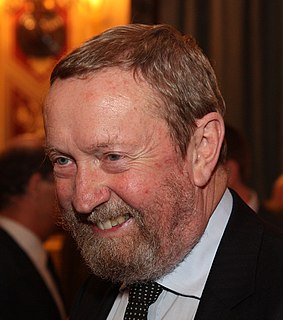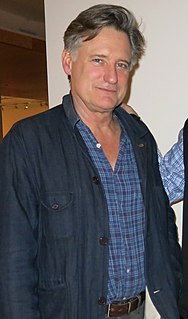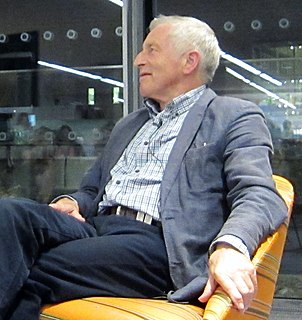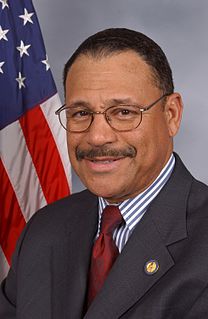A Quote by Peter Diamandis
By 2030, just a small percentage of the global population will live in poverty.
Quote Topics
Related Quotes
Too often the media assumes that "poverty" is an African American or a Latino issue. Of course, that's nonsense. While a higher percentage of the African American and Latino population does live in poverty as compared to the white population, when overall numbers are looked at, it is clear that people of all races, ethnicities, and colors, are represented amongst America's poor.
There's a small percentage of people who can act. There's a small percentage who get to do this for a living. There's a swath of the population that are able to keep a story in their head and fight all the battles against self-consciousness and the surreal unnaturalness of acting in a movie. The technical aspects you can learn fairly quickly.
The problem the world faces today is that only one-third of the world's population lives in decent circumstances, while half the population of the world lives on one or two dollars a day. And even as we have this poverty and backwardness, we are facing a global environmental crisis. We need developmental models that will take into account the specific and unique position of each country and at the same time will address the environmental crisis.
One of the most durable successes of the war on poverty was to dramatically reduce the number of elderly poor in America. That's still true today. But, by contrast, child poverty has shot up over the last few years: A decade ago, about 16 percent of children in America were poor - which is a shockingly high percentage. But it's not as shocking as today, when we see that 22 percent of kids live in poverty.


































